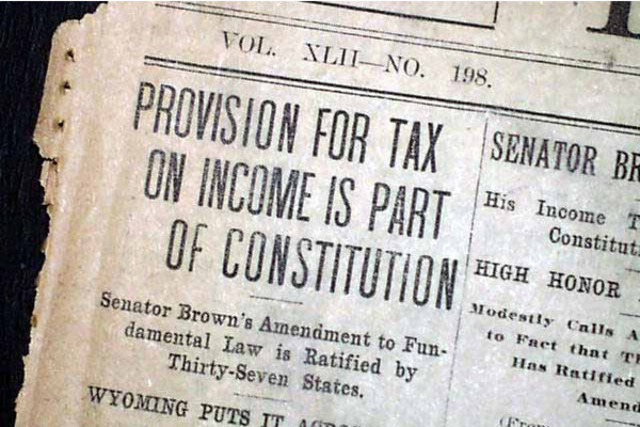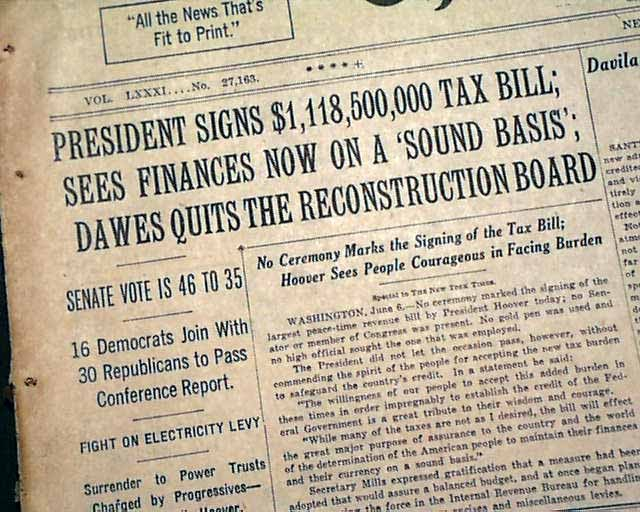The Revenue Act of 1861
Prior to the Lincoln Administration, tariffs and excise taxes on certain goods, such alcoholic drinks, were the federal government's main sources of income. It became clear during the first year of Lincoln's presidency that the government need a different source of funding in order to cover its expenses and support the war. Lincoln and members of both chambers of Congress worked out an agreement after consulting with his Cabinet, which ultimately became known as the Revenue Act of 1861. The statute was enacted on August 5, 1861, by Lincoln.
Taxes on imports and land ownership were levied under the statute. Additionally, it implemented a tax on personal income for the first time in American history. A flat tax of 3% was applied to all yearly incomes over $800 (about $22,500 in today's dollars). Only approximately 3% of all Americans had incomes over that level, which was bad news for the government. As a result, only a small portion of Americans were impacted by the new income tax, and naturally, the seceded states were completely unaffected.
The new law had no enforcement mechanism and only applied to a small number of Americans. Most citizens who had to pay the levy merely disregarded the regulations. Those who did attempt to pay it discovered that no agency had been established by the government to receive the payments. Therefore, the government received little benefit from the initial income tax. Throughout Lincoln's presidency, Congress was had to bring up the subject again multiple times.












